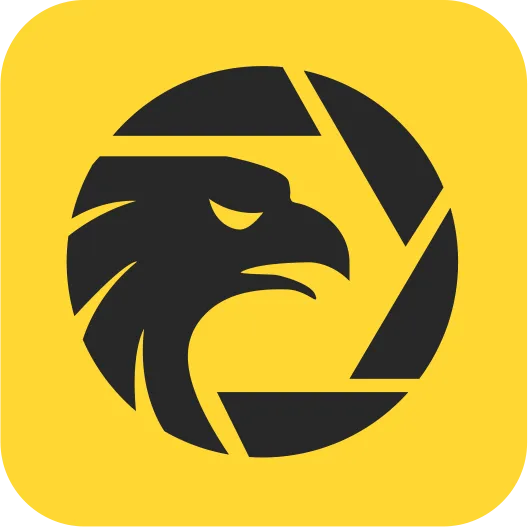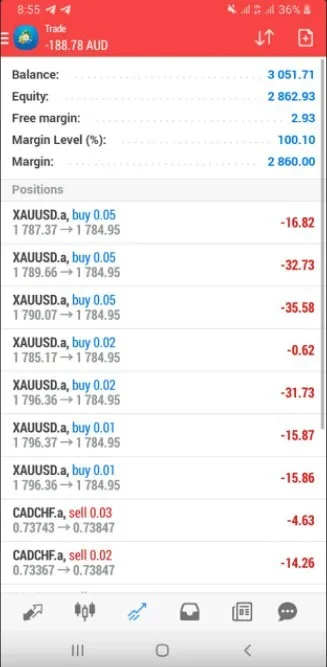Riepilogo dell'azienda
Informazioni generali
Philippine National Bank(ps: PNB ), la prima banca universale del paese, è la quarta più grande banca commerciale filippina di proprietà privata. PNB è stata istituita dal governo delle Filippine nel 1916 ed è stata completamente privatizzata nel 2007. come strumento di sviluppo economico, PNB ha guidato l'industria nel corso degli anni con il suo programma di modernizzazione agricola e il sostegno finanziario al commercio per le esportazioni agricole del paese. inoltre, la banca ha aperto la strada agli sforzi nel settore delle rimesse dei lavoratori filippini all'estero (ofw) e ha introdotto molte innovazioni come la banca su ruote, le banche computerizzate, le banche con bancomat (bancomat), il cambio di denaro mobile, gli assegni di viaggio nazionali, l'archiviazione e il pagamento elettronici sistema per i grandi contribuenti e fondi comuni di investimento unitari (uitf). PNB ha il maggior numero di uffici all'estero e una delle più grandi reti di filiali nazionali tra le banche locali. ad oggi, la banca ha una presenza nazionale totale di 703 filiali e più di 1.500 bancomat strategicamente posizionati a livello nazionale. PNB mantiene la sua posizione di banca filippina con la più ampia portata internazionale con oltre 71 filiali estere, uffici di rappresentanza, centri di rimessa e filiali in Asia, Europa, Medio Oriente e Nord America.
Servizi offerti
PNBLe principali attività di banca commerciale di s includono raccolta di depositi, prestiti, sconto di cambiali, finanza commerciale, operazioni di cambio, trasferimenti di fondi, assistenza alle rimesse, gestione patrimoniale, una gamma completa di servizi bancari al dettaglio e fiduciari e operazioni di tesoreria. attraverso le sue sussidiarie e affiliate, la banca svolge anche servizi bancari completi in Cina e nel Regno Unito; servizi bancari a Hong Kong; e una serie di attività finanziarie e correlate diversificate come l'assistenza alle rimesse negli Stati Uniti, in Canada ea Hong Kong; investimento bancario; assicurazioni vita e danni; intermediazione in borsa; e servizi di leasing e finanziamento.
Servizio Clienti
IL PNB Il team di assistenza clienti può essere raggiunto tramite telefono: (632) 8573-8888, e-mail: customercare@ PNB .com.ph PNB indirizzo: Philippine National Bank centro finanziario pres. Diosdado Macapagal Boulevard, Pasay City, Filippine 1300

























